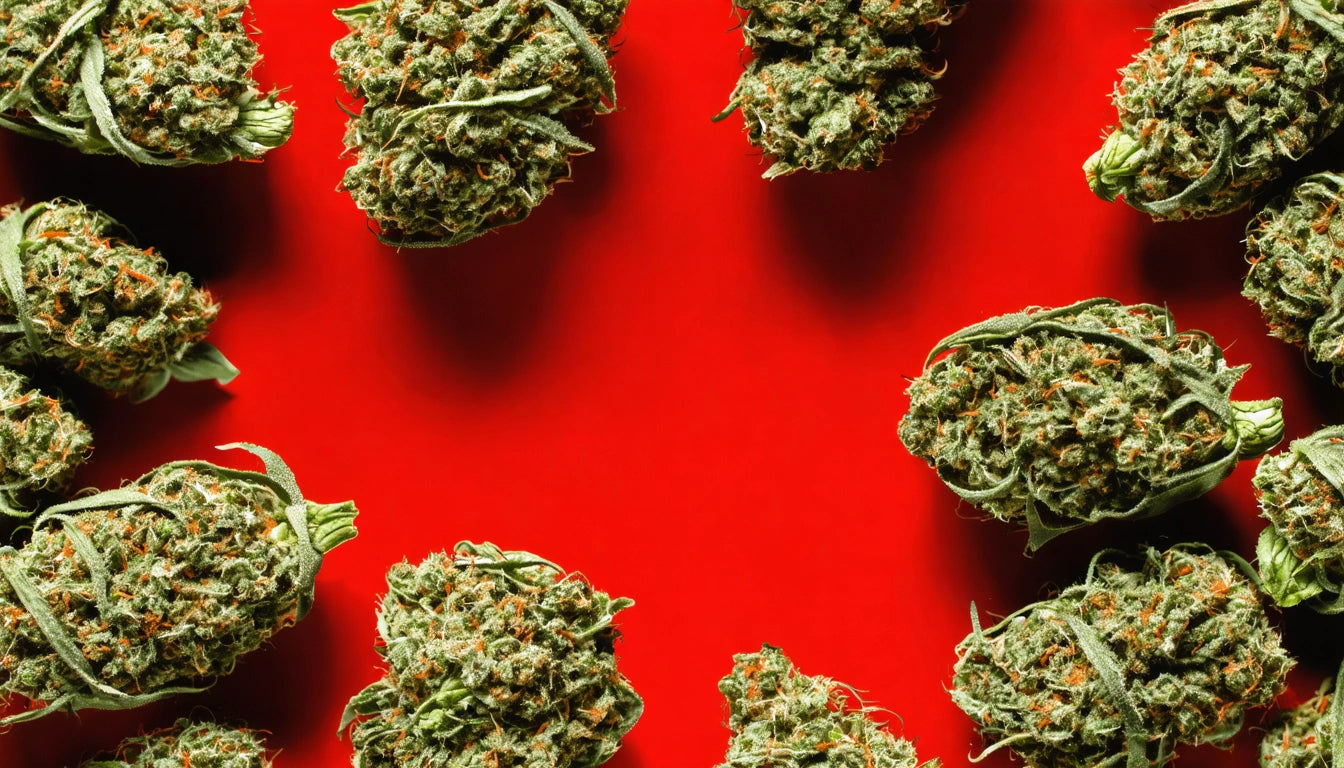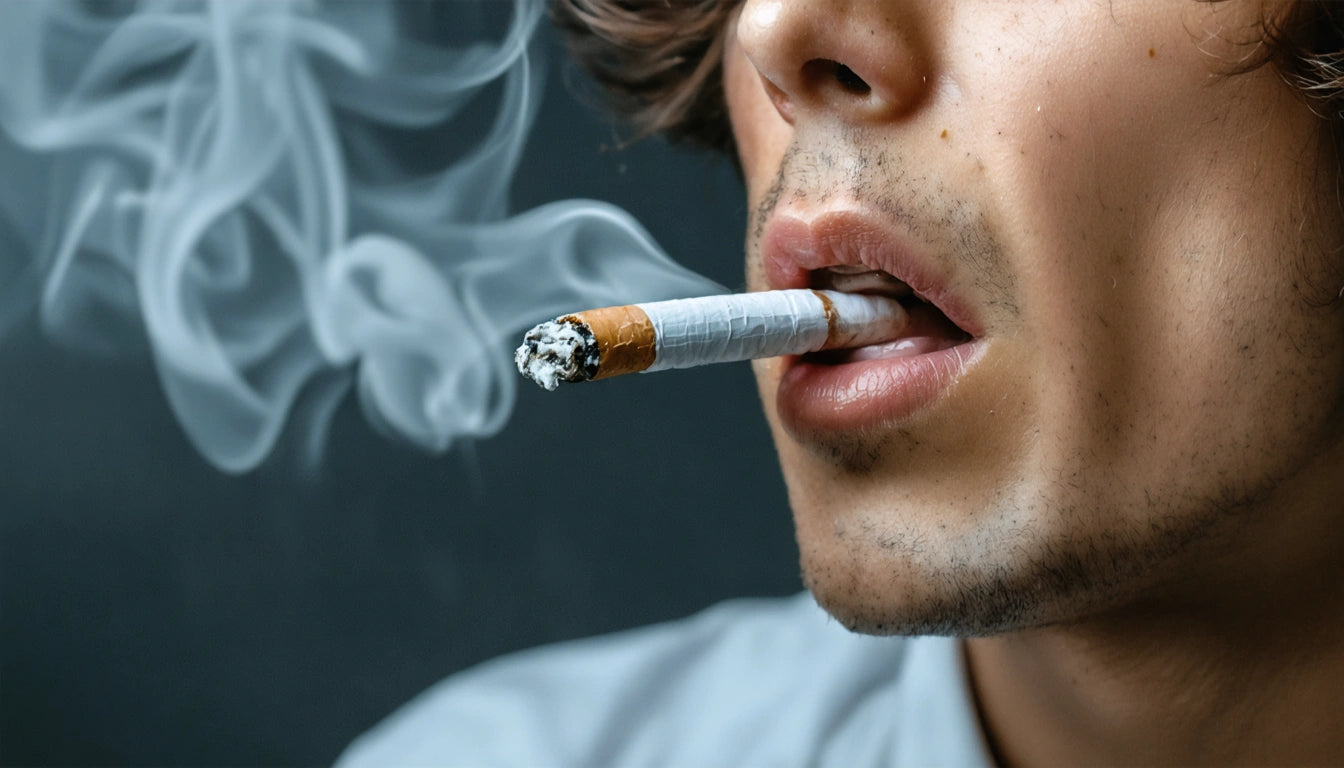Table of Contents
Understanding the Decriminalization of Cannabis and Its Implications
The landscape of cannabis regulation in the United States continues to evolve rapidly. As public opinion shifts and policymakers reconsider decades-old drug laws, terms like "decriminalization" have entered the mainstream conversation. But what does decriminalized mean for weed? This comprehensive guide explores the concept of decriminalization, its practical implications, and how it differs from full legalization.
What Is Decriminalization of Cannabis?
Decriminalization of cannabis refers to the removal of criminal penalties for personal possession of small amounts of marijuana. Under decriminalization, possession is typically treated as a civil or minor infraction rather than a criminal offense. This approach maintains the illegal status of cannabis while reducing the severity of consequences for personal use.
When asking what does decriminalized weed mean in practical terms, it's important to understand that:
- Possession of small amounts (typically under an ounce) is punishable by fine rather than jail time
- No criminal record is created for simple possession
- Production and sale of cannabis typically remain criminal offenses
- The substance itself is still technically illegal
Decriminalization represents a middle ground between prohibition and full legalization, focusing on reducing the harm caused by criminal penalties while not creating a regulated market.
Decriminalization vs. Legalization: Key Differences
Many people confuse decriminalization with legalization, but these approaches represent fundamentally different policy frameworks. Understanding the difference between decriminalization and legalization is crucial for both consumers and businesses.
When Cannabis Is Decriminalized:
- Possession for personal use results in civil penalties (fines) rather than criminal charges
- No legal market exists for production or sales
- No regulatory framework for quality control, taxation, or licensing
- Larger amounts and distribution often remain criminal offenses
When Cannabis Is Legalized:
- A regulated market for production and sales is established
- Licensing systems for businesses are implemented
- Quality control and product testing requirements are enforced
- Tax revenue is generated from legal sales
- Age restrictions and other consumer protections are put in place
Highlight: Decriminalization reduces penalties for possession but doesn't create a legal market, while legalization establishes a regulated industry with consumer protections and business opportunities.
Types of Decriminalization Models
What does decriminalizing weed mean in different jurisdictions? Decriminalization isn't a one-size-fits-all approach. Different regions implement various models:
1. Partial Decriminalization
This approach reduces penalties for first-time offenders or small amounts but maintains criminal penalties for repeat offenses or larger quantities.
2. De Facto Decriminalization
Laws remain on the books but aren't actively enforced for personal possession, representing a policy shift without legislative change.
3. Full Decriminalization
All criminal penalties for personal possession are removed and replaced with civil fines or no penalty at all.
As jurisdictions implement these models, they often require specialized equipment for testing and processing. Many cannabis businesses utilize professional-grade filling equipment for their production needs even in decriminalized markets where they operate in gray areas.
States That Have Decriminalized Cannabis
The question of what does decriminalized pot mean varies by location. Multiple US states have decriminalized marijuana to varying degrees. As of 2023, approximately 31 states have implemented some form of decriminalization, though the specifics differ significantly.
Some notable examples include:
- Oregon: First state to decriminalize cannabis in 1973
- Ohio: Decriminalized possession of up to 100 grams
- New York: Decriminalized possession of up to 2 ounces
- Connecticut: Decriminalized possession of less than half an ounce
It's important to note that local jurisdictions may have different policies than their state, creating a complex patchwork of regulations.
Implications for Cannabis Users
For individuals, understanding what does decriminalized mean for weed has practical implications:
Legal Consequences
Under decriminalization, users typically face civil penalties (fines) rather than arrest, jail time, or criminal records for personal possession. However, these penalties can still be substantial.
Access and Quality
Since production and sales remain illegal, decriminalization doesn't address issues of product quality, safety, or consistent access. Unlike legalization, there's no regulated market with testing requirements.
Medical Considerations
Decriminalization doesn't typically establish medical cannabis programs, which require separate legislation. This impacts patients who might benefit from cannabis but lack legal access.
Users should also understand related concepts like decarboxylation and how it affects cannabis, regardless of legal status.
Implications for Cannabis Businesses
For businesses, what does decriminalized weed mean for operations and opportunities?
- No legal framework for licensed businesses
- Continued risks for production and distribution
- Limited banking and financial services
- No access to traditional business protections
- Inability to openly advertise or market products
Decriminalization creates a gray area where consumption is minimally penalized, but the supply chain remains illegal. This presents significant challenges for entrepreneurs interested in the cannabis industry.
The Future of Cannabis Policy Reform
The question of does decriminalizing drugs work continues to drive policy discussions. Evidence suggests decriminalization can reduce incarceration rates and criminal justice costs while allowing law enforcement to focus resources elsewhere. However, it doesn't address issues of product safety, regulated access, or market development.
Many advocates view decriminalization as a stepping stone toward comprehensive legalization with clear definitions and processes. The trend appears to be moving in this direction, with more states transitioning from decriminalization to full legalization.
Understanding the history behind cannabis criminalization provides important context for current reform efforts. As public opinion continues to shift and more research emerges on cannabis benefits and risks, policy frameworks will likely continue to evolve toward more comprehensive approaches than simple decriminalization.











Leave a comment
All comments are moderated before being published.
This site is protected by hCaptcha and the hCaptcha Privacy Policy and Terms of Service apply.